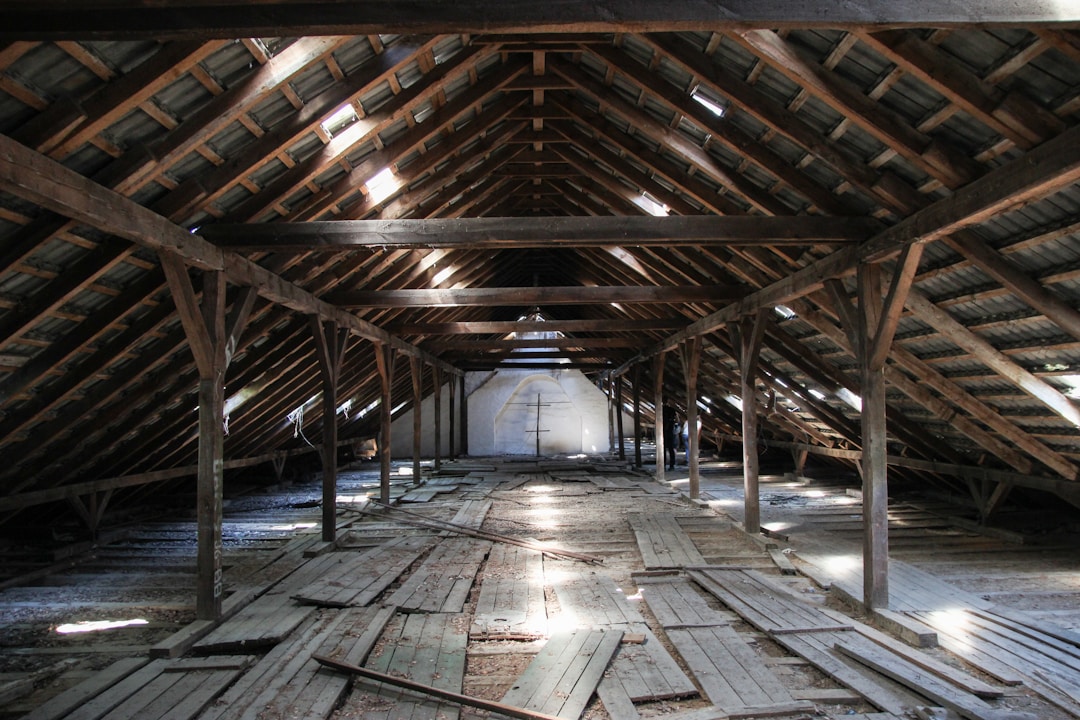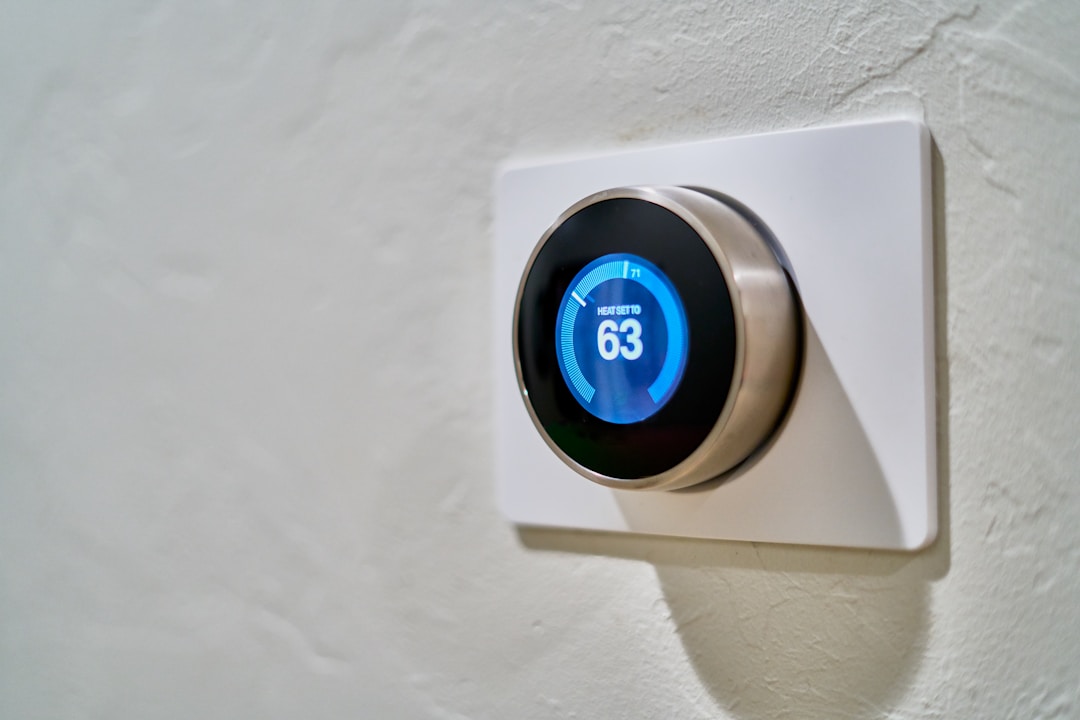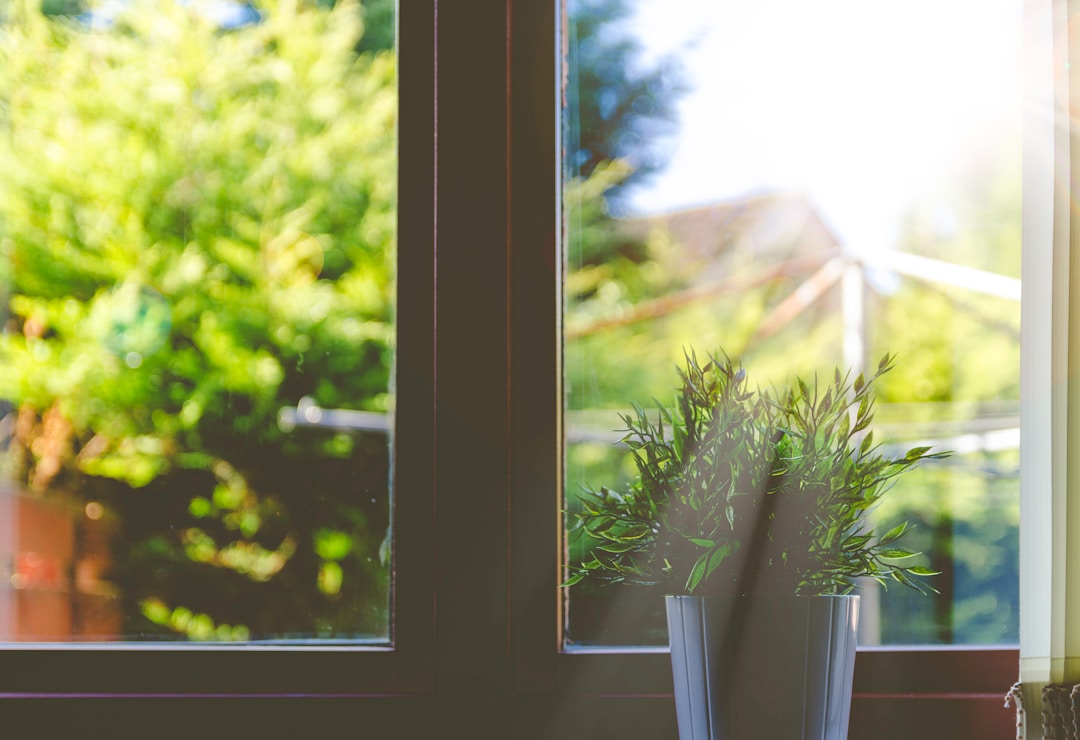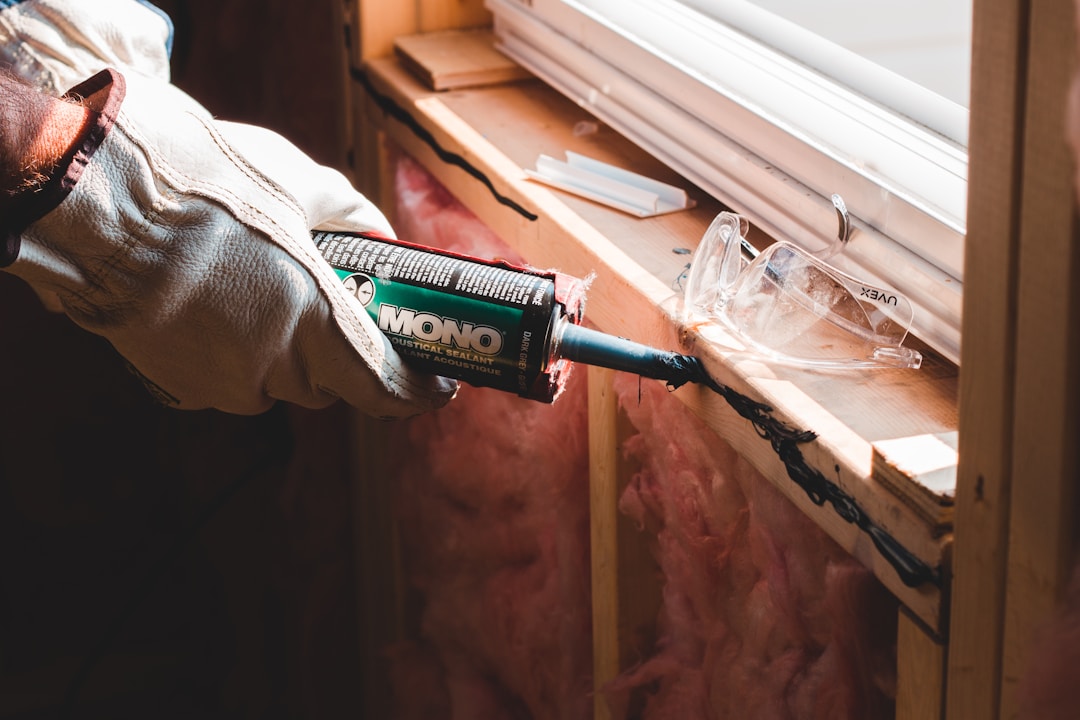Becoming a homeowner is an exciting milestone, but it also brings with it a number of new responsibilities. Even if you’re familiar with owning a home and maintaining an HVAC, you might have a general idea of how your heating and cooling systems work, but you may not be getting the best price for your services. You would be surprised by the number of common-sense solutions there are to reduce energy consumption that doesn’t require a Herculean effort or breaking the bank. If you want to save money on your utility bills, read on for five great tips on how to stop overpaying for heating and cooling.
1. Insulate your home properly.

It’s easy to overlook the importance of insulation, but proper insulation can make a big difference in terms of reducing the load on your heating and cooling systems. Insulating your attic is especially important, as it will prevent the heat in your home from rising and primarily heating the attic. You can also buy a fiberglass “jacket” for your water heater, which will reduce heat loss and save you money. The easiest way to make a difference is just to buy some thick, floor-length curtains for the winter months. They’ll help keep the cold air out and making sure the heat stays inside your home.
2. Invest in a geothermal HVAC system.

If you’re tired of paying significant amounts of money to heat and cool your home, consider upgrading to a geothermal HVAC system, which can reduce your home’s energy consumption significantly. A geothermal system transfers energy from below the ground to your home, rather than creating heat by using some type of fuel. The components also tend to have a longer lifespan than those in a typical HVAC. As a bonus, you won’t need large amounts of visible equipment around your exterior, preserving the curb appeal of your property.
3. Upgrade to a smart thermostat.

A smart thermostat should be one of your top product picks from this summer. Not only will a smart thermostat make it easier for you to regulate the temperature indoors, but it will also allow you to use a timer to make sure you can use less energy by not running it when you don’t need to. You can make sure your air conditioner is on when you get home without running it all day long and driving up your utility bills. Many smart thermostats also offer zone cooling, which allows you to adjust the temperature of your home by floor or even by room.
4. Inspect and repair your windows and doors.

The condition of your windows and doors is another major factor in maintaining a comfortable indoor temperature. Cracks and crevices in your windows and doors can let in drafts that make it more difficult for your HVAC system to maintain a comfortable indoor environment. You’ll also want to fill in any gaps in your doorways, the best way is to use weatherstripping. You can even use a draft stopper at the bottom of your door. This will keep cold air out during the winter.
5. Don’t forget regular maintenance.

Ultimately, the systems and appliances in your home will only operate at peak efficiency if they’re properly maintained. When your machine isn’t operating efficiently, you’ll see your energy bills rise. Typically, an HVAC system should be inspected at least once a year, and filters should be changed every few months. The lifespan of a high-quality HVAC is typically around 10-15 years, so if yours is past that point, it may be time to look into a replacement. While you may be able to handle minor fixes, it’s always best to call in an expert for issues with your HVAC system.
While it can be overwhelming to navigate issues like this for new homeowners, understanding how your HVAC system works and where your energy costs are coming from is an important part of owning your property. It’s important to do your research and consider options like geothermal heating if you’re serious about reducing your energy costs, though there are many other projects you can take on to help avoid overpaying for heating and cooling. Whether you’re dealing with the hot summer months or the cold winter months, you’ll always be glad that you know how to manage your utility bills to avoid overpaying for your heating and cooling.





